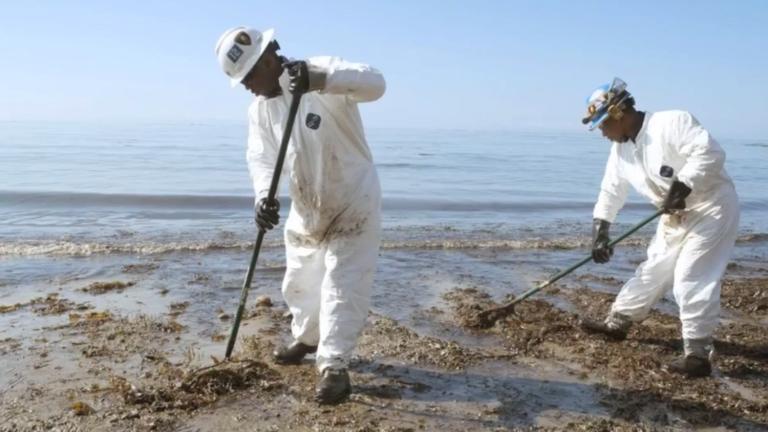Glaciers have long been the keepers of thousands of years’ worth of lost artifacts, trapped by thick layers of ice and permafrost. But thanks to decades of ice melt caused by climate change, those artifacts are now popping up all over the place. Among more humdrum bits like the occasional Roman coin and some old moss, melt is also exposing mummified bodies — both ancient and only a few decades old — perfectly preserved as the day they were locked in that (not quite) eternal ice vault.
Ice zombies yanked from the grave by climate change? You know you want to hear more. Here’s Smithsonian Magazine on what else has been discovered:
Take the soldiers who died during “The White War,” a years-long campaign in the Italian front of World War I, later fictionalized by Ernest Hemingway in A Farewell to Arms. This month marks a century since Italy joined the war, and bodies and artifacts from that time are now surfacing. …
The meltwater exposes bodies mummified by the cold as well, still wearing their uniforms. In September 2013, the local community of Peio found two young Austrian men. …
On the other side of the world, glaciers in the Argentinian Andes have relinquished their grip on a different set of bodies: Incan children sacrificed five hundred years ago, and a young pilot who crashed just a few decades ago.
A different plane carrying 52 passengers crashed into an Alaskan glacier in 1952. An Alaska National Guard helicopter crew found the wreckage in 2012.
Climate change zombies are as terrifying as they are incredibly cool — a combination that, quite reasonably, has researchers in a mad scramble for their pickaxes and microscopes.
Smithsonian also reports that scientists have surmised an even more frightening (but thankfully unlikely) theory: Melting permafrost could also release ancient viruses and pathogens that have been immobilized under the ice for thousands of years. Well, then.
Of the scary shit that climate change causes — including the (very rare!) possibility of ice-born mega-pathogens — the wave of ice zombies definitely has some romantic potential. By the way, scientists — make sure to watch out for the walking nightmares below.
[youtube https://www.youtube.com/watch?v=XhyLKJgd8Zw&feature=youtu.be]


